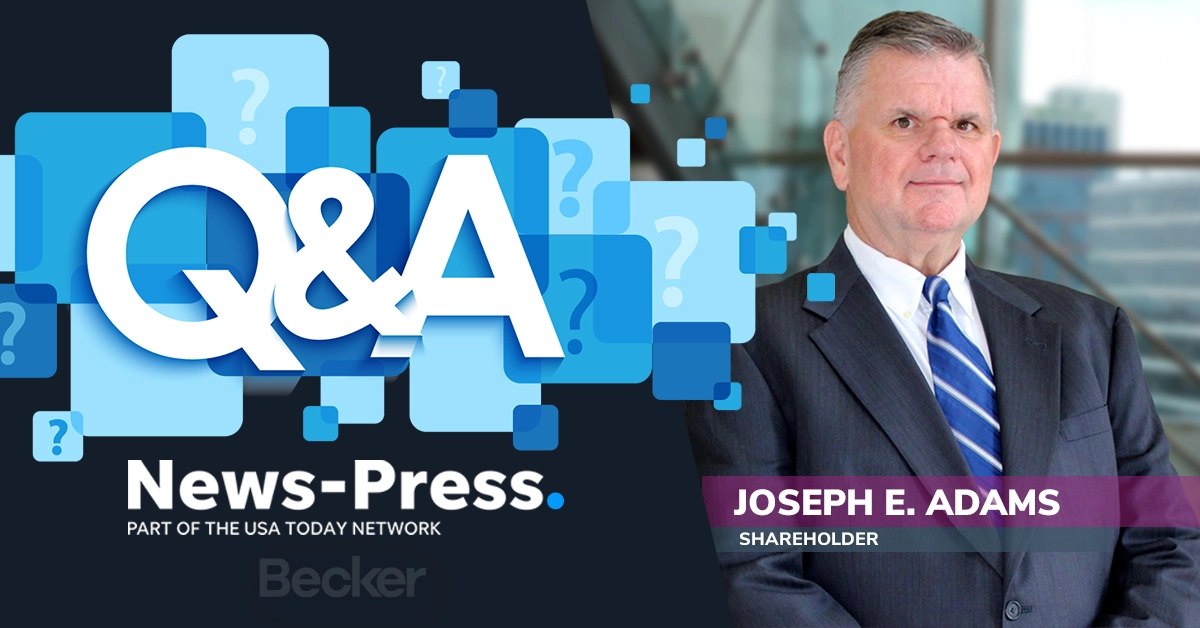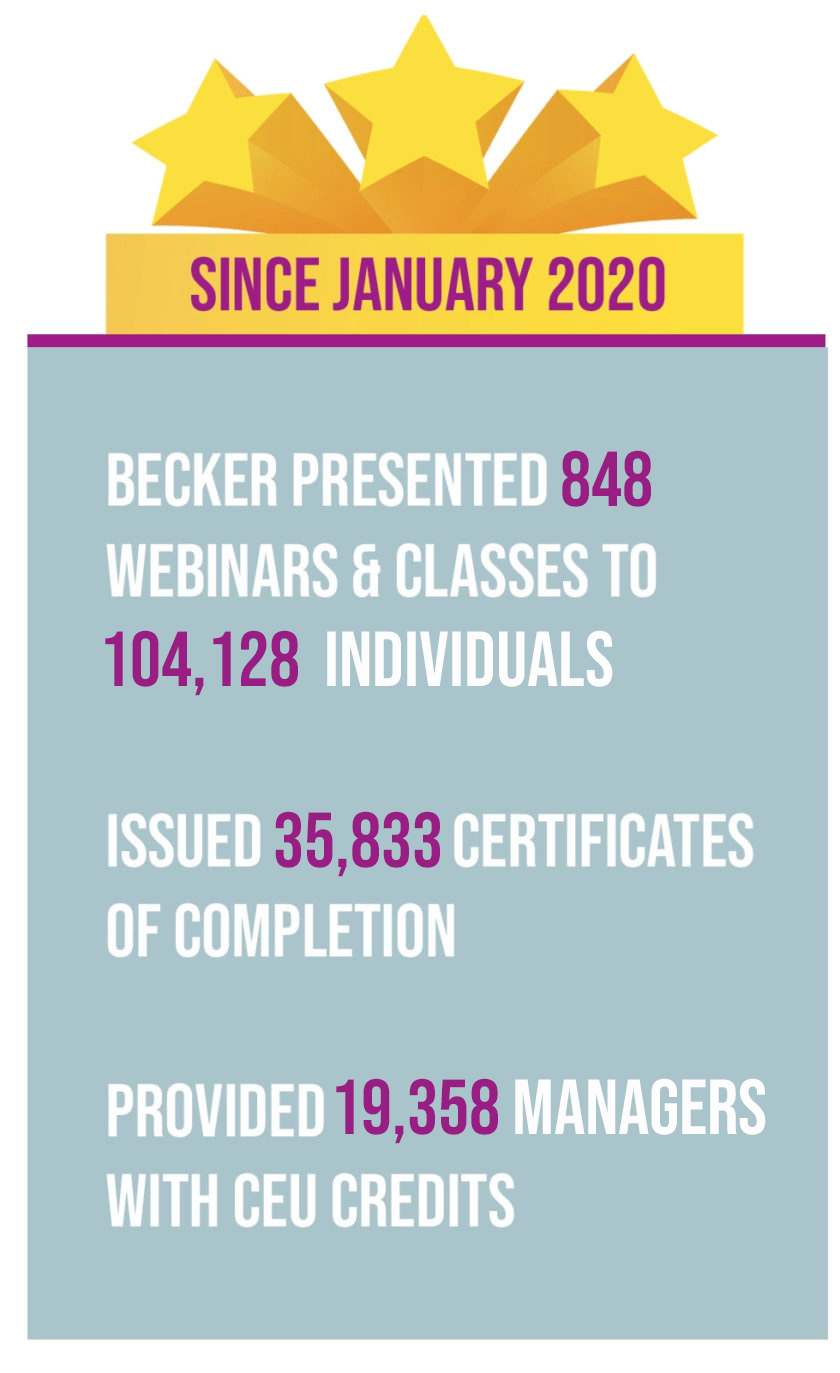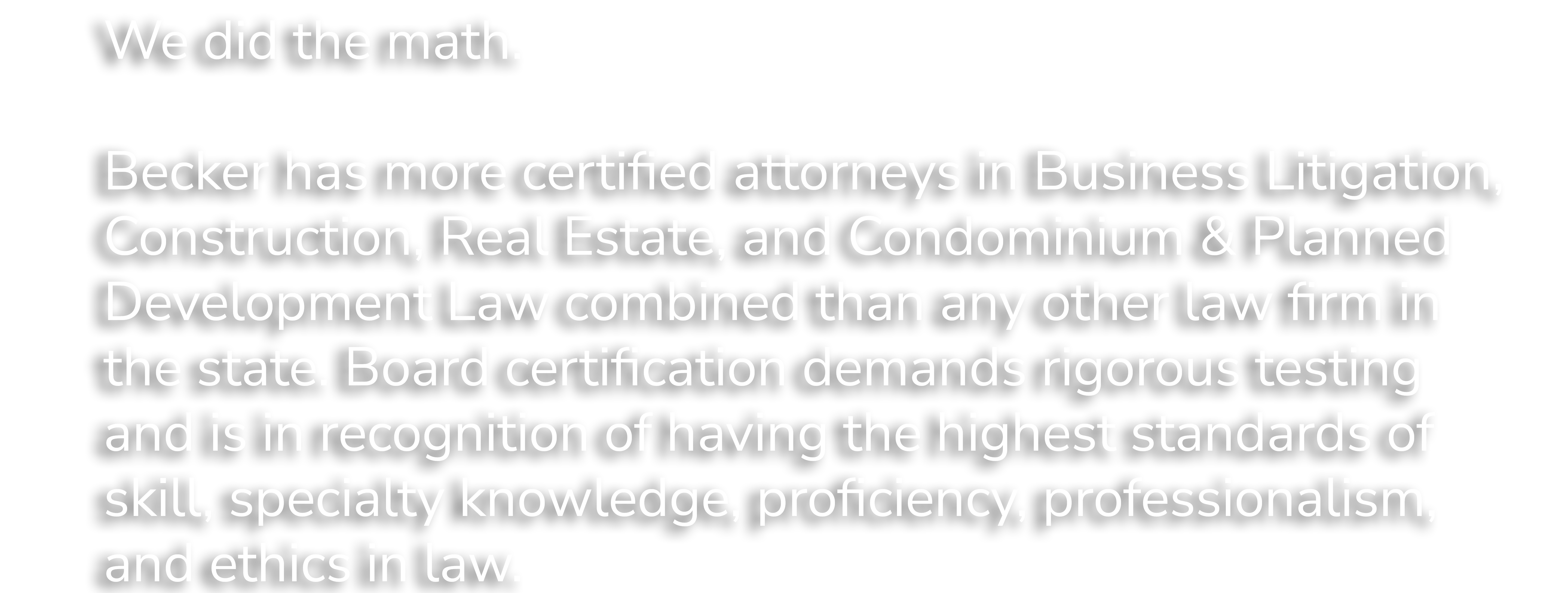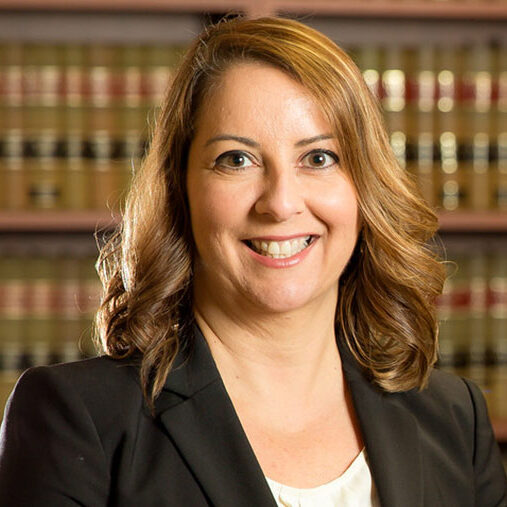The 2025 Legislative Session introduced impactful changes for community associations, emphasizing structural safety, financial transparency, and board accountability amid ongoing market, legal, and regulatory pressures. This issue explores key updates in Joseph E. Adams’ annual legislative review, Howard J. Perl’s FCAP column, and the featured CUP article by Bryony G. Swift. Don’t miss our on-demand Legislative Update webinar for a deeper dive into what these changes mean for your community.
Changes to the condominium electronic voting statute, effective July 1, 2025, create a new framework for condominium voting by allowing owners to submit signed ballots by email. The statutory changes are far from clear, and practitioners are currently debating the best way to interpret when and how this new voting method is to be used. Bryony G. Swift outlines how these changes could impact your voting procedures and why legal guidance is essential in “New in 2025: Submitting Condominium Ballots By Email.”
Running a successful community association involves juggling many responsibilities – ensuring residents are happy, maintaining common areas, and keeping operations running smoothly at all times. However, one often-overlooked area that can pose serious legal risks is wage and hour compliance. In “Associations Beware: Are Your Payroll Practices Setting You Up for a Lawsuit?”, Jamie B. Dokovna stresses the importance of properly classifying employees, ensuring fair compensation, and maintaining accurate records to help associations avoid costly legal pitfalls.
With the rise of vacation rental websites such as Airbnb and VRBO, many condominium association leaders wonder what they can do to limit or prohibit short-term rentals in their building. The answer is straightforward, but there is a catch. Jay Roberts explains that to prohibit short-term rentals legally, associations must amend their condominium documents in “Can We Ban Short-Term Rentals in Our Condominium?”
For more information on the impact of rentals on community associations, check out this episode of Take It To The Board!
It’s important for associations to understand the enforceability of homeowners’ association covenants, specifically those related to parking. Joseph B. Markovich serves as a reminder for associations to scrutinize the legal foundation of any restriction before pursuing enforcement in “THIS CASE: Huck v. Kenmare Commons Homeowners Association.”
Articles
New in 2025: Submitting Condominium Ballots By Email
By: Bryony G. Swift
New changes to the condominium electronic voting statute, effective July 1, 2025, create a new framework for condominium voting by allowing owners to submit signed ballots by email. The new statutory changes are far from clear, and practitioners are currently debating the best way to interpret when and how this new voting method is to be used. What is clear is that those condominium associations that have adopted electronic voting are not required to offer the new voting method or to accept signed ballots that owners have submitted via email. The new voting method is codified in revisions to the electronic voting statute that allow an owner to waive the privacy of their ballot by casting an emailed ballot.
Associations Beware: Are Your Payroll Practices Setting You Up for a Lawsuit?
By: Jamie B. Dokovna
Running a successful community association involves juggling many responsibilities – ensuring residents are happy, maintaining common areas, and keeping operations running smoothly at all times. But one crucial area that often gets overlooked and could be a significant source of risk is wage and hour compliance. Getting it wrong when it comes to association staff can lead to costly lawsuits, government investigations, and significant financial penalties. Note that this article is intended for those associations with personnel/employees who are directly employed by the association. If the personnel/employees are employed by the association’s management company, the management company will be responsible for compliance with wage and hour laws.
Can We Ban Short-Term Rentals in Our Condominium?
By: Jay Roberts
With the rise of vacation rental websites such as Airbnb and VRBO, many condominium association leaders wonder what they can do to limit, or prohibit, short-term rentals in their building. The answer is straight forward, but there is a catch. The association must amend its condominium documents to prohibit short-term rentals.
This issue was the subject of a Florida Supreme Court case called Woodside Vill. Condo. Ass’n v. Jahren, 806 So.2d 452, 456 (Fla.2002). In Woodside, the condominium association membership voted to amend the declaration of condominium to restrict leasing of units to not more than nine months during any twelve-month period.
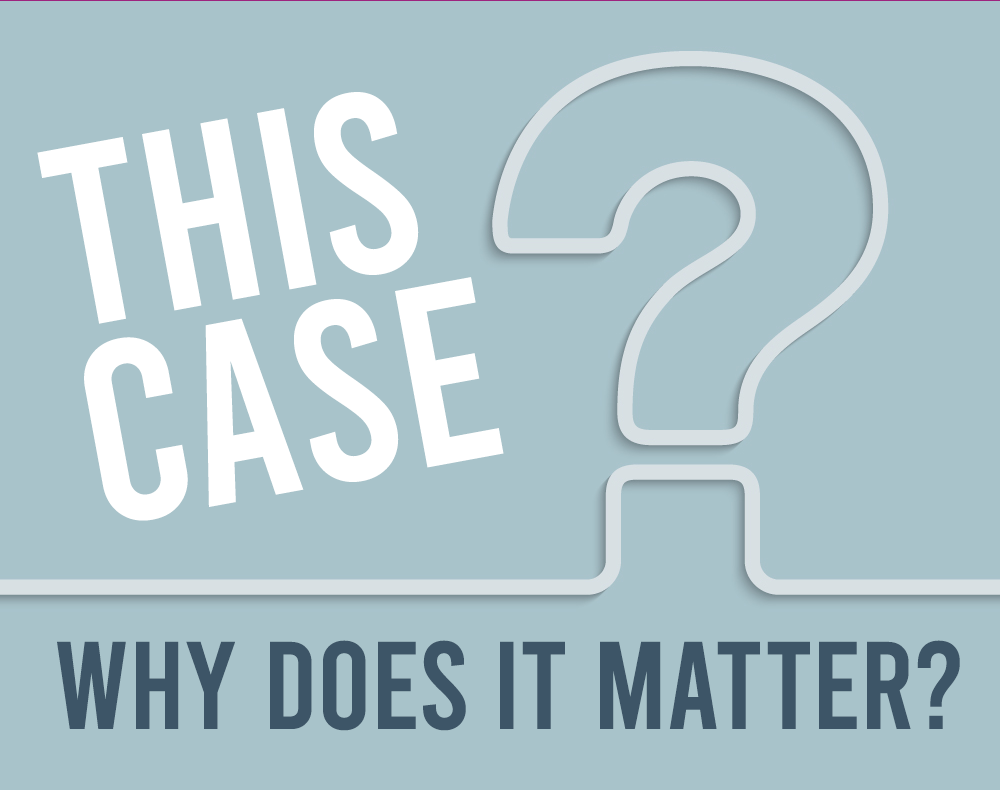
Huck v. Kenmare Commons Homes Association, Inc.
382 So.3d 759 (2023)
The central issue in THIS CASE revolves around the enforceability of homeowners’ association covenants, specifically those related to street parking. Edward and Linda Huck, residents of the Kenmare Commons neighborhood in Tallahassee, faced legal action from their homeowners’ association and several neighbors. The dispute arose because the Hucks’ in-home caregiver regularly parked on the street in front of their home, allegedly violating a street-parking limitation found in the neighborhood’s recorded covenants and restrictions. The trial court ruled against the Hucks, granting summary judgment and barring them and their guests from parking on the street for “sustained, permanent, or regular periods of time.” The Hucks appealed, challenging the enforceability of the parking restriction against them.
The appellate court reversed the trial court’s decision, highlighting a critical fact: the developer had deeded the street in front of the Hucks’ home to the City of Tallahassee while the street was unencumbered and before the declaration of covenants and restrictions was recorded. The developer’s later recording of the declaration did not cause the street to become encumbered by the declaration’s parking restrictions because the developer could not submit lands it no longer owned to restrictions. The court also emphasized that the streets are separate from the Hucks’ property, and the declaration’s street parking restriction could therefore not be considered a covenant running with the Hucks’ property. The street parking restriction was therefore unenforceable against the Hucks, and the association and neighbors had no legal basis for their complaint.
So why does THIS CASE matter? It underscores the importance of timing and ownership in the creation of enforceable covenants. This appellate decision serves as a cautionary tale and reminder for associations to scrutinize the legal foundation of any restriction before pursuing enforcement. Associations should review their governing documents and the history of property conveyances to understand the true scope of enforceable restrictions. If there are concerns about the enforceability of covenants, consulting with legal counsel can help clarify and reduce the likelihood of negative enforcement outcomes.
On Demand Webinar – 2025 Legislative Update
The 2025 Florida Legislative Session brought significant changes for condominium associations with some of these changes also impacting cooperatives. We saw fewer changes impacting homeowners’ associations, with no direct changes to the Florida Homeowners’ Association Act. Florida’s Legislature has continued to focus on structural safety, financial transparency, and board accountability in the wake of ongoing market, legal, and regulatory pressures.
Becker now offers a pre-recorded Legislative Update webinar which you can watch at your convenience to learn about the recent changes to the laws governing community associations. Please note – this program is not for credit nor will a certificate of completion be issued. It is purely for informational purposes. As always, Becker law firm clients have free access to our educational recordings. However non-clients and managers are subject to a $25 fee to cover administrative costs.
Annual Legislative Review Begins
There are changes from the 2025 Legislative Session that will affect your community association. Becker Shareholder Joseph Adams breaks down one of the most significant changes involving the annual budget process.
Joseph Adams reviews additional relevant legislation from the 2025 Legislative Session, including the new statutes with a review of new procedures for absentee voting by owners, annual meeting requirements, new website laws, and other noteworthy changes to the statutes.
Technology and Cybersecurity Best Practices for Community Associations
FLCAJ Magazine
By: Michael C. Góngora
Cyberattacks have become more common and sophisticated across all sectors, including community associations. Because these associations often collect and handle personally identifiable information (PII), it is essential that they properly maintain and protect it. Many community associations require residents to fill out detailed applications that include not only basic information (such as name, address, phone number, and email) but also sensitive data such as driver’s license numbers, social security numbers, and financial details. Once accessed, this data may be sold, encrypted and held for ransom, or copied and used to extort the association or its residents.
Community association boards and managers should ensure that their communities have adequate disaster planning measures in place as hurricane season approaches. To help you in weathering the storm, check out Becker’s Hurricane Guide which provides important tips and information to help protect your community.
For more information, contact your Becker attorney.
CALLING ALL BOARD MEMBERS AND COMMUNITY MANAGERS
As leaders in Community Association Law, we not only helped write the law – we also teach it.
Did you know Becker provides over 200 educational classes per year throughout the State of Florida on a variety of topics ranging from board member certification to compliance, and everything in between? Our most popular classes are now available online! To view our entire class roster, visit: beckerlawyers.com/classes
Becker’s NEW 4-hour Board Certification courses are now available! Don’t miss out on this convenient opportunity to stay informed and compliant! Because of the administrative burden involved in processing certificates and CEU credits, Becker will be charging non-clients and managers a nominal fee to take the 4-hour course. Clients may take the course free of charge. To take our new Board Certification class and/or to see the full roster of all of our online course offerings, click here.
For questions regarding our Classes, please see our FAQ page here.
Can They Do That?
Becker’s “Can They Do That” video series tackles some of the unique problems that homeowners and renters face today. We answer your questions, no matter how far-fetched they may seem. From service animals to nudists in your community, we get to the bottom of it and let you know – “Can They Do That?”
Becker Steps Up to the Mic with Podcast,
‘Take It To The Board with Donna DiMaggio Berger’
Think you know what community association life is all about? Think again. Residents must obey the rules, directors must follow the law, and managers must keep it all running smoothly. Take It To the Board explores the reality of life in a condominium, cooperative or homeowners’ association, what’s really involved in serving on its board, and how to maintain that ever-so-delicate balance of being legally compliant and community spirited. Leading community association attorney Donna DiMaggio Berger acknowledges the balancing act without losing her sense of humor as she talks with a variety of association leaders, experts, and vendors about the challenges and benefits of the community association lifestyle. Don’t have a streaming app? You can now find all episodes on YouTube! Click here to listen now.
RECENT EPISODES:
-
- Diving Into the Developers’ Mindset with Becker’s Jennifer Bales Drake
- To Rise Above–How Home Elevation Is Changing Flood Protection
- Beyond Condos –The Cooperative Ownership Model, with Becker’s David Rogel
- From Paper to Digital– Revolutionizing Association Document Management, with Trish Mackie-Smith, Co-Founder of Inndox
- Every Drop Counts– Why Your Building’s Water Quality Matters More Than You Think
- Take It To The Board’s 100th Episode Milestone— From Building Castle Group to Industry Icon: A Conversation with James Donnelly
- Beyond the Boardroom: Eastern Medicine for Western Problems, with Dr Tai Johnson
- Storm-Ready in Seconds: How Shark Tank’s StormBag Is Changing Hurricane and Severe Weather Prep
- When ICE Shows Up: What Every Private Community Should Know with Immigration Icon Ira Kurzban
- Lights, Cameras, Condos– Film Productions in HOAs
- Safety at Your Fingertips with Geno Roefaro of SaferWatch
Safety at Your Fingertips with Geno Roefaro of SaferWatch
In an emergency, timing is everything. What if a resident collapses on the pickleball court, suspicious activity is spotted near your property, or a crisis unfolds when you least expect it? The traditional safety net of gates, guards, and cameras falls short without one critical element: immediate, reliable communication.
In this week’s episode of Take It To The Board, host Donna DiMaggio Berger talks with Geno Roefaro, the CEO of SaferWatch, a cutting-edge safety app transforming how residential communities respond to emergencies. Developed in the aftermath of national tragedies like the Pulse nightclub and Parkland School shootings, this innovative platform functions as a digital panic button connecting users directly to local law enforcement while simultaneously alerting the entire community as a disaster unfolds. Unlike group texts or emails that might go unnoticed, SaferWatch delivers unmistakable alerts demanding immediate attention.
The Times They Are A Changing….Again
FCAP Managers Report
By: Howard J. Perl
Last year I wrote in this column about changes in the law with a profound effect on community associations in Florida. Well, the Times They Are a Changing, again.
As in almost every year the last 3 to 4 years, the Florida Legislature attempted to pass legislation to correct the prior years’ poorly written changes in the law. As in previous years, the legislature’s work, while certainly well intentioned, leaves more questions than answers, and provides for some significant changes in how community associations must operate in Florida.
DID YOU KNOW?
Hurricane Season Runs From June 1 to November 30
The State of Florida is no stranger to hurricanes and other natural disasters. The question is not whether communities, homes and families will be impacted by a windstorm event, but when.
Our Hurricane Preparedness and Recovery Guide is designed to assist community association boards and managers to prepare themselves, their members, and their property for the approach as well as the aftermath of a serious storm or other disaster. Our attorneys, many of whom have been representing community associations in Florida for over 20 years and are board certified by the Florida Bar, have assisted in all phases of planning and preparing, as well as recovering and rebuilding.





